Below is a note from Sarah Stepanik (Park Manager – Whitefish Dunes State Park) regarding the upcoming Hunting/Trapping Season:
Hello Everyone!
I hope you had a wonderful summer and that you are enjoying the end of the busy months!
I wanted to reach out to you all regarding the fall hunting/trapping season in the Park, which will begin in two weeks on November 15th. I know this is a sensitive subject with many locals, and I understand why, so I wanted to give you all as much information as possible so you can feel safer using the park during hunting and trapping season.
All WI State Parks are required by state statute to offer public hunting and trapping access during both a spring and fall season. The Parks’ hunting and trapping seasons are different than the regular open seasons elsewhere in Wisconsin, which can cause a lot of confusion in both hunters and non-hunters alike. With the start of the regular deer archery season earlier in September, I wanted to make sure you were all aware of what you could expect moving forward this fall in regard to hunting/trapping in the park.
2024-2025 WI State Park hunting and trapping dates are as follows:
- Nov. 15th – Dec. 15th: Gun and archery hunting, and trapping are allowed in areas in the park open to hunting
- Dec. 16th – Jan. 5th, 2025: Archery hunting allowed in areas in the park open to hunting
- There is no hunting or trapping allowed outside of these dates until the spring hunting/trapping season starts in April 2025
It is important to keep in mind that any of the hunting and trapping seasons that occur within the time periods above are permitted in the open areas of the Park. This can include seasons for small game, deer, turkey, bear, furbearers, etc. If any of you would like to know more about the hunting/trapping regulations in the State Parks, you can visit this website: https://dnr.wisconsin.gov/topic/parks/hunt
CLICK HERE to view the park’s hunting map and some associated regulations are attached for easy reference. These maps and hunting dates are posted around the park at our entrance points and major trailheads. The areas closed to hunting are indicated in grey on the map. Generally speaking, this is the dunes, beach, most of the Red Trail, and around the central park area by our buildings. If you are particularly worried about encountering hunters, my advice would be to hike the beach or Red Trail during these dates.
CLICK HERE to view the DNR’s safety tips for your reference as well. In general, we get most of our hunters in the far south/southwest part of the park off of the Red Pine parking lot or Nelson Ln. We also usually get the most hunters in the park over the opening weekend of gun deer season (Nov. 23rd & 24th, 2024). Outside of that weekend, the number of hunters and trappers in the park is pretty low. However, it’s still always a good idea to be visible and make yourself known no matter where you are in the park during these dates. I know many of you volunteer while walking your dog(s). It is also more important now than ever to make sure you keep your dog on a leash and make them visible as well. Especially if your dog could easily be mistaken for a different animal, like a deer, coyote, or a small game animal. We do have blaze orange vests available to borrow at the Nature Center, if you need.
Most importantly, if you ever spot suspicious hunting or trapping activity in the park, you can call the office at 920-823-2400 to report it, or contact the Warden Tip Line at 1-800-847-9367. Never approach a hunter or trapper that you think may be breaking the law. You should always assume a hunter/trapper is armed and should get yourself to a safe location before reporting the issue to WI DNR staff. If you witness or are involved in an emergency situation, please call 911 during or after getting yourself to safety. Emergency services can dispatch our Wardens and First Responders at the same time, when necessary. While we’ve never had any hunting related incidents in the Park, threats of violence have happened in or near Whitefish Dunes at least twice within the past few years, so be aware that these kinds of conflicts can happen.
Sarah Stepanik
DNR Park Manager
